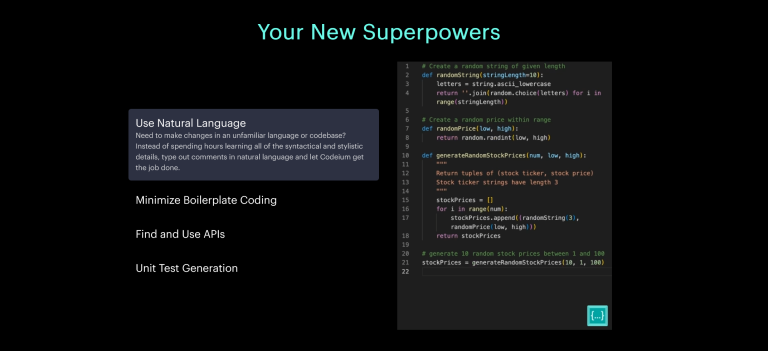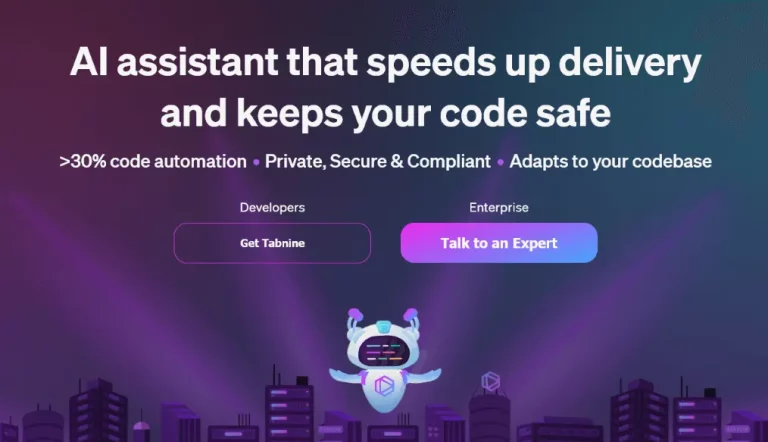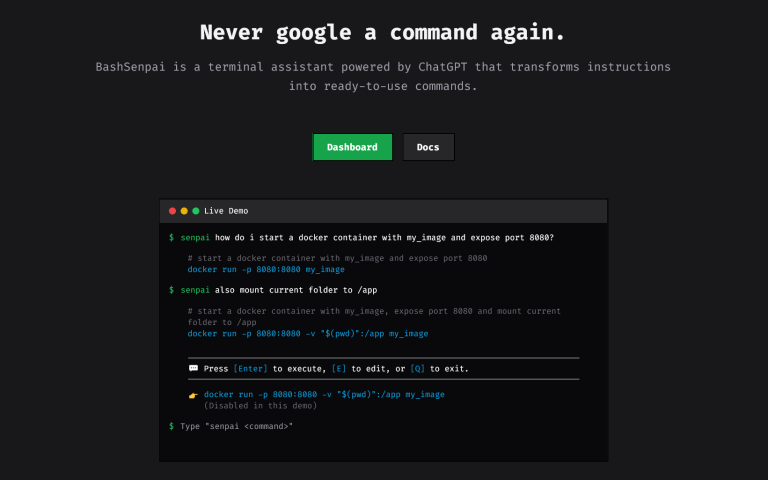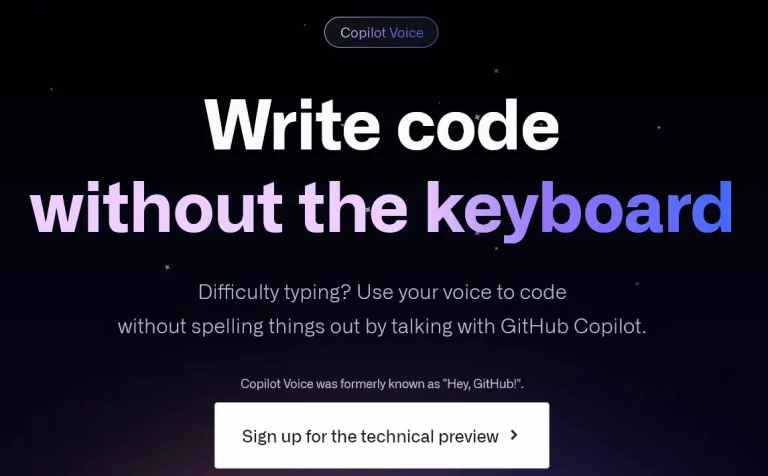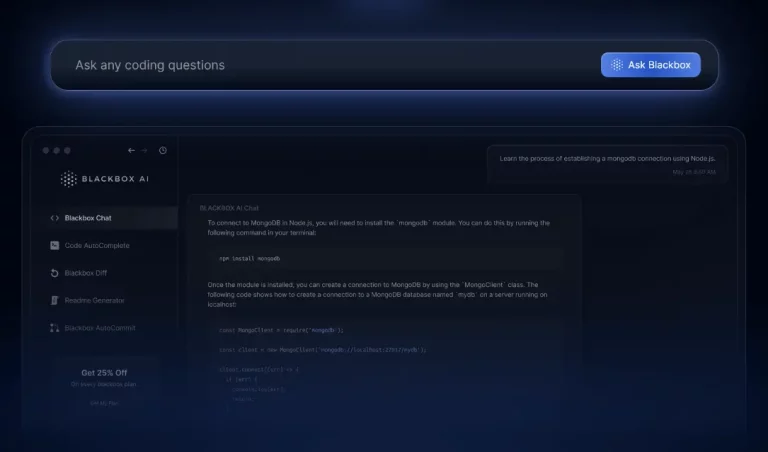AI has been transforming the way modern software is built. With the rise of machine learning and natural language processing, AI coding tools are emerging that aim to make coding more accessible than ever before, and further aid existing developers in creating clean code. These tools promise to make coding easier, faster and more efficient by automating routine tasks, generating code, and even fixing bugs.
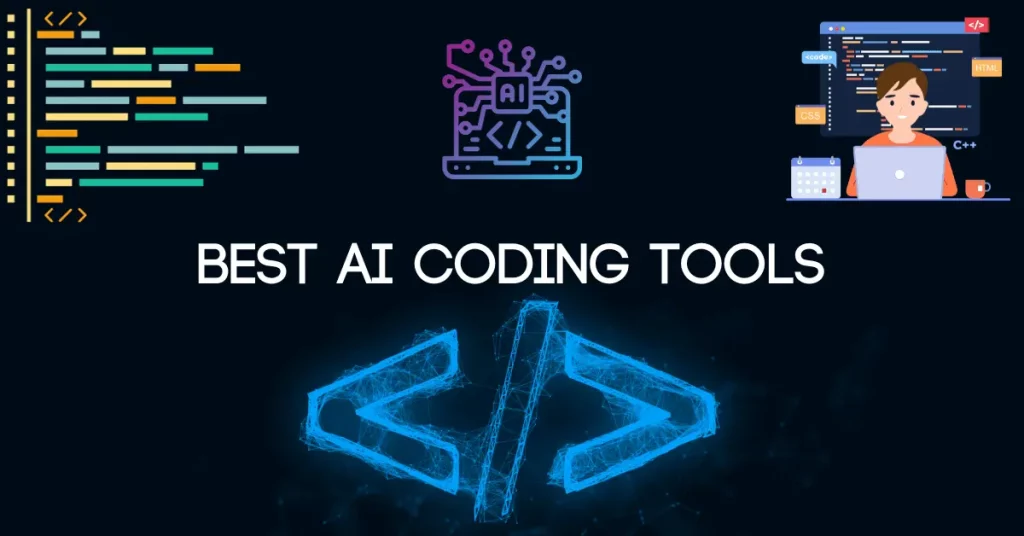
In this article, we will provide an overview of some of the top AI coding tools available today. We will look at how these tools work, their key capabilities, and the benefits they offer for programmers and software teams.
We will examine both open source and commercial solutions, weighing their strengths and limitations to give you a fair comparison. Our goal is to provide developers with a solid understanding of how AI coding tools work so you can evaluate if and how they may fit into your workflow.
By the end of this article, you should have a good grasp of the AI coding landscape and be equipped to determine which (if any) of these tools could benefit your programming projects. So let’s dive in and explore the code-generating powers of AI!
Top 5 AI Coding Tools
Codeium
Codeium analyzes source code using ML to detect bugs, security issues, performance problems, and other errors. It can also flag code quality issues and provides actionable recommendations to improve code health. This tool offers free AI code completion, search, and chat features for developers. Simply put, Codeium can help developers write code faster thanks to its intelligent autocomplete suggestions powered by large language models.
Key Features
AI Autocomplete – Codeium provides real-time code suggestions and autocomplete powered by models trained on millions of lines of code. This helps developers write code faster by reducing typos and providing contextually relevant suggestions.
Intelligent Search – Codeium allows developers to search through code using natural language queries instead of regexes. This makes finding relevant code snippets much easier.
AI Chat Assistant – Developers can chat with Codeium’s AI assistant to get help generating code, filling in boilerplate, explaining code, fixing bugs, and more. The assistant leverages large language models to provide useful responses.
70+ Programming Languages – Codeium supports autocomplete for over 70 programming languages including Python, JavaScript, Java, C++, Go, and more.
IDE Integrations – The Codeium extension is available for VS Code, JetBrains IDEs, Vim/Neovim, Jupyter, and more. This puts the AI coding assistant directly inside developers’ editors.
Free Forever for Individuals – Codeium offers its core autocomplete and chat features completely free for individual developers. There are no usage limits.
Tabnine
Tabnine is an AI-powered autocomplete tool for software developers designed to boost productivity and code quality. Rather than simply writing base code for the user, it works by suggesting complete lines of code, function names, and variable names as developers type. Tabnine is like a guardian copilot that can give confidence to developers as they type, reducing the fear of incorrect or bloated code.
Key Features
Code Completion – Tabnine uses deep learning models trained on billions of lines of public code to suggest context-relevant code completions in real time. It can autocomplete long sequences of code, saving developers keystrokes.
Supports Major Languages – Tabnine supports completions for Python, JavaScript, Java, C++, C#, PHP, Go, Ruby, Rust, and more. It integrates seamlessly with all major IDEs and code editors.
Adapts to Coding Style – Tabnine learns from existing codebases to suggest completions matching a developer’s coding style, conventions, and domain language. This helps maintain consistency.
Reduces Bugs – By autocompleting code segments that adhere to best practices, Tabnine helps developers avoid common bugs and errors. Its suggestions result in more robust code.
Improves Onboarding – Tabnine speeds up onboarding of new developers by helping them learn unfamiliar APIs and codebases faster. It acts like a seasoned pair programmer.
Integrates Seamlessly – Easy to install Tabnine extensions are available for VS Code, IntelliJ, PyCharm, Jupyter, and more. It integrates tightly without disrupting workflows.
BashSenpai
BashSenpai is a terminal-based AI assistant that brings the power of large language models like ChatGPT directly into the command line interface. It allows developers to get quick answers to their coding questions and generate code snippets without having to leave their terminal or IDE. One of the standout features of this tool is its unique self-reflection AI, that allows it to improve its own responses before presenting them.
Key Features
Contextual Answers – BashSenpai can take into account the current working directory, recently run commands, installed packages and other contextual information to provide more relevant answers tailored to your exact needs.
Code Generation – You can ask BashSenpai to generate code snippets, boilerplate code, and more in various programming languages like Python, JavaScript, Go, etc. This can save a lot of time compared to searching documentation and tutorials.
Explaining Commands – If you need a refresher on how a Linux command works or what options it takes, you can ask BashSenpai to explain it plainly. No more digging through man pages.
Finding Resources – BashSenpai can help you find relevant tutorials, documentation, StackOverflow threads when you get stuck or want to learn something new. No more browsing the web for answers.
Giving Opinions – Since BashSenpai leverages AI models like ChatGPT, you can also ask it open-ended questions to get opinions on best practices, design decisions, potential issues in your code, and more.
Terminal Control – BashSenpai has commands to perform other terminal functions like opening files/URLs, running shell commands, changing directories without breaking the conversation flow.
GitHub's Copilot Voice
GitHub Copilot Voice is a voice-based AI programming tool that allows developers to write and edit code using simple voice commands instead of typing. It is designed to make programming more accessible for those who have difficulty typing or just prefer voice interactions. While this tool is still in technical preview mode, sign-ups are already available!
Key Features
Hands-free coding – Developers can dictate code line by line just by speaking. The AI will suggest potential code completions based on the developer’s spoken intent. This allows coding without having to type anything out.
Code editing – In addition to writing new code, developers can make edits to existing code using voice commands like “change variable name to X”. The AI will then make those edits directly in the code.
Code navigation – Commands like “go to line 10” or “go to method named X” let developers quickly navigate around a codebase without using a keyboard or mouse.
IDE control – Common IDE actions like toggling zen mode, formatting code, and running programs can be invoked through voice commands. This gives hands-free control over the coding environment.
Code summarization – To understand unfamiliar code, developers can ask Copilot Voice to summarize specified lines or sections of code in plain language. This provides an overview of what the code is doing.
Key Features
Code Completion – Blackbox AI offers intelligent code completion suggestions, supporting over 20 programming languages for seamless coding.
Intelligent Code Search – With natural language capabilities, Blackbox allows users to search for relevant code snippets using plain English descriptions inside the chat interface.
Error Detection – Blackbox efficiently identifies potential errors and bugs in the code, providing suggestions for swift issue resolution and improved code quality.
Code Refactoring – Blackbox can restructure and optimize existing code, ensuring functionality preservation and enhanced code manageability.
Code Chat – Blackbox AI’s Code Chat is one of the standout features which can understand natural language queries for code effectively. This allows users to communicate with the AI code assistant in plain English.
Code Explainability – Blackbox provides detailed explanations for complex code snippets, aiding developers in understanding intricate programming concepts and unfamiliar codebases.
Benefits of Using AI Coding Tools
AI coding tools offer a number of benefits that can improve the software development process. As a developer, you may be wondering what exactly they can bring to the table, here are some of the key advantages these tools provide:
Faster Coding
One of the biggest advantages of using AI coding tools is the ability to write code faster. Features like autocomplete, context-aware suggestions, and code generation can greatly accelerate development time. Developers spend less time on routine coding tasks and can focus on higher-level logic and architecture. This results in faster time-to-market.
Fewer Bugs
AI tools can help detect bugs and errors in code early in the development process. Some provide real-time code analysis to flag potential issues. Others use machine learning techniques to identify bug patterns and recommend fixes. This leads to higher quality code with fewer defects.
Better Code Quality
In addition to finding bugs, AI coding assistants promote best practices and can suggest cleaner, more efficient code alternatives. This helps developers avoid anti-patterns and technical debt. The result is more maintainable, production-ready code.
Improved Consistency
AI tools provide consistent recommendations for code style, testing, documentation and other aspects of development. This brings uniformity across codebases with multiple contributors. It also aids onboarding new developers.
AI coding assistants have the potential to transform how software is written, allowing developers to be more productive and focus on high-value tasks. However, these tools have different strengths and weaknesses that are worth evaluating.
For example, GitHub Copilot’s vast training corpus gives it an edge at producing natural code completions across many languages. But it lacks more advanced features like real-time error checking that tools like Codeium provide.
Open source options like TabNine offer a free alternative, but may lag behind commercial tools in accuracy. And narrower tools like BashSenpai excel at their specific domains but don’t offer general coding intelligence.
Consider your own coding workflow and needs when deciding if an AI assistant could help. These tools shine when used to accelerate repetitive coding, free up mental focus, and reduce simple mistakes! But overreliance on them could potentially deskill developers over time, therefore, we recommend keeping a healthy balance of both AI assistants and human coders.

